High-Level Policy Session 6 : Inclusiveness, Access to Information and Knowledge for All
WSIS
Session 170
The ability for all to access and contribute information, ideas and knowledge is essential in an inclusive Information Society.
The sharing and strengthening of global knowledge for development can be enhanced by removing barriers to equitable access to information for economic, social, political, health, cultural, educational, and scientific activities and by facilitating access to public domain information, including by universal design and the use of assistive technologies.
A rich public domain is an essential element for the growth of the Information Society, creating multiple benefits such as an educated public, new jobs, innovation, business opportunities, and the advancement of sciences. Information in the public domain should be easily accessible to support the Information Society, and protected from misappropriation. Public institutions such as libraries and archives, museums, cultural collections and other community-based access points should be strengthened so as to promote the preservation of documentary records and free and equitable access to information.
Access to information and knowledge can be promoted by increasing awareness among all stakeholders of the possibilities offered by different software models, including proprietary, open-source and free software, in order to increase competition, access by users, diversity of choice, and to enable all users to develop solutions which best meet their requirements. Affordable access to software should be considered as an important component of a truly inclusive Information Society.
Geneva Declaration of Principles, WSIS 2003, https://www.itu.int/net/wsis/docs/geneva/official/dop.html

Denisse Salas is a Co-founder of WomenVai as well as a member of the committee of the Swiss Engineering section in Geneva (Switzerland). Being in constant reinvention of herself, her passions range from AI, gender equality and the environment.
She graduated as a Systems Engineer, has a Master of Science HES-SO in engineering (ICT) and is a Master Scrum Professional. She has accumulated an abundance of life and work experience throughout her years from working and living in Africa, Latin America, Asia and Europe.
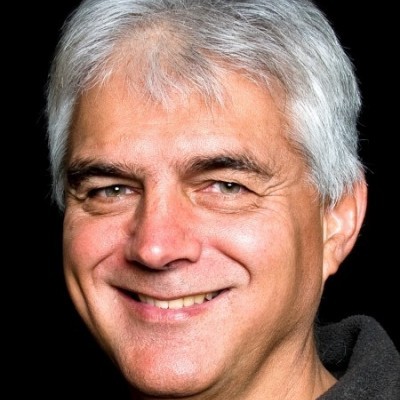
Guy Berger is director for strategies and policies in the field of communication and information at UNESCO. This field encompasses freedom of expression, media literacy, media development, access to information and digital innovation. He is a former academic at Rhodes University, South Africa where he taught inter alia courses on information society policy. His UNESCO work has led the development of the Organisation’s Internet Universality Indicators, and the series of research studies on Internet freedom issues.

Andreana Atanasova holds a Master’s Degree in Telecommunications Engineering from the Technical University of Sofia. She has over 20 years of experience in the field of telecommunications and European affairs.
Andreana Atanasova has started her professional career in 1996 as a Chief Specialist at the State Communications Inspectorate where she supported the work of the Interinstitutional Committee on Radio Frequency Spectrum as Secretary of the Committee. From 1998 to 2000 she was an Expert at the Committee of Post and Telecommunications, and in the period 2000-2005 she consecutively held the positions of State Expert and Head of the Telecommunications Development Department at the Ministry of Transport and Communications. She was strongly engaged in the development of telecommunication sector policy and its periodic amendment, the harmonization of the national legislation with the EU legal framework.
She was Head of the European Integration Department and Acting Director of the European Integration and International Cooperation Directorate at the State Agency for Information Technology and Communications from 2005 to 2008. During this period she was responsible the organization and the coordination of the tasks and activities in the communications sector, concerning the accession of the Republic of Bulgaria to the EU as a full member.
As an Advisor to the Cabinet of the Communications Regulation Commission in 2008-2009, she participated in the first round of the electronic communications market analysis, as well as in the drafting of secondary legislation, regulatory instruments and decisions.
From 2009 to 2011, Andreana Atanasova was Director of the Communications Directorate at the Ministry of Transport, Information Technology and Communications. She was responsible for the policy in the field of electronic communications, drafting of the Electronic Communications Act, the Postal Services Act and other strategic documents and secondary legislation in the communications sector.
In the period 2011-2013 she was a Counsellor at the Permanent Representation of the Republic of Bulgaria in the EU on all issues related to communications and information society.
In 2014 Andreana Atanasova was appointed by the President of the Republic of Bulgaria as a Member of the Communications Regulation Commission with a five-year term.
On August 12, 2019 Andreana Atanasova was appointed as a Deputy Minister of Transport, IT and Communications responsible for information technology and communications.

H.E. Mr. Newin Chochaiyathip was appointed as the Vice Minister of Digital Economy and Society in August 2019. He holds a Bachelor’s Degree in Architecture from Silpakorn University, Thailand. Before entering the political field, he had years of experience in business area as a Managing Director in construction and innovation businesses. He is also a member of the Bangkok Governor Policy Coordination and Monitoring Committee.
Mr. Chochaiyathip has profound knowledge in innovation and urban development. He promotes and supports digital technology adoption for economic, social, cultural and security benefits as well as pushing forward Smart City Thailand Initiative in order to improve people’s quality of life, decrease inequality between urban and rural society and solve problems of rapid urban growth such as city congestion, air pollution and poverty. He also plays an active role to support and monitor the operation of the Thailand’s Anti-Fake News Center in verifying information shared online.
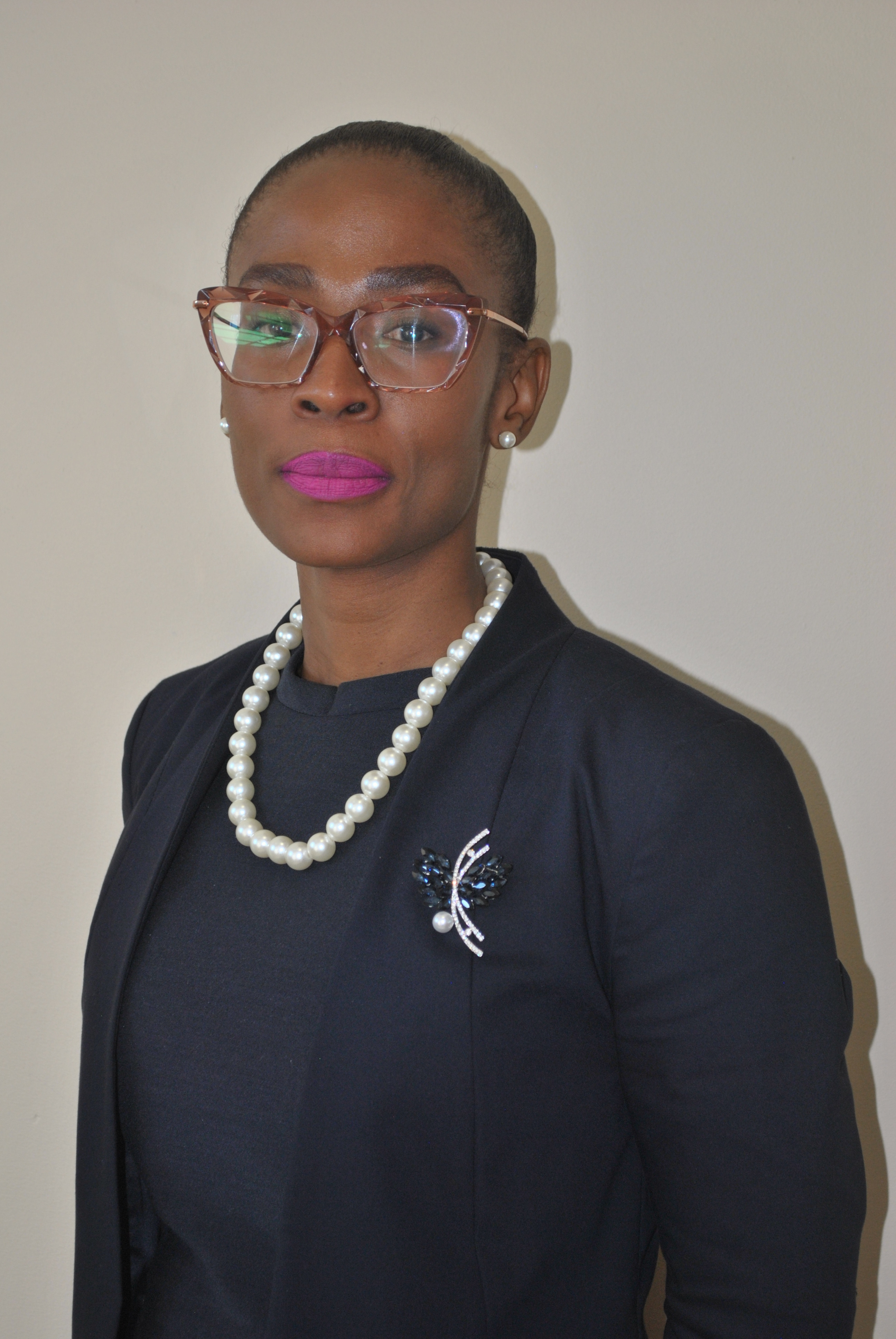
Ms. Mamarame Matela is the Chief Executive Officer of the Lesotho Communications Authority, a national regulatory agency in the Kingdom of Lesotho. She has extensive expertise in communications sector regulation and corporate governance. She holds higher education qualifications in law studies as well as communications and has extensive experience in the field of broadcasting.
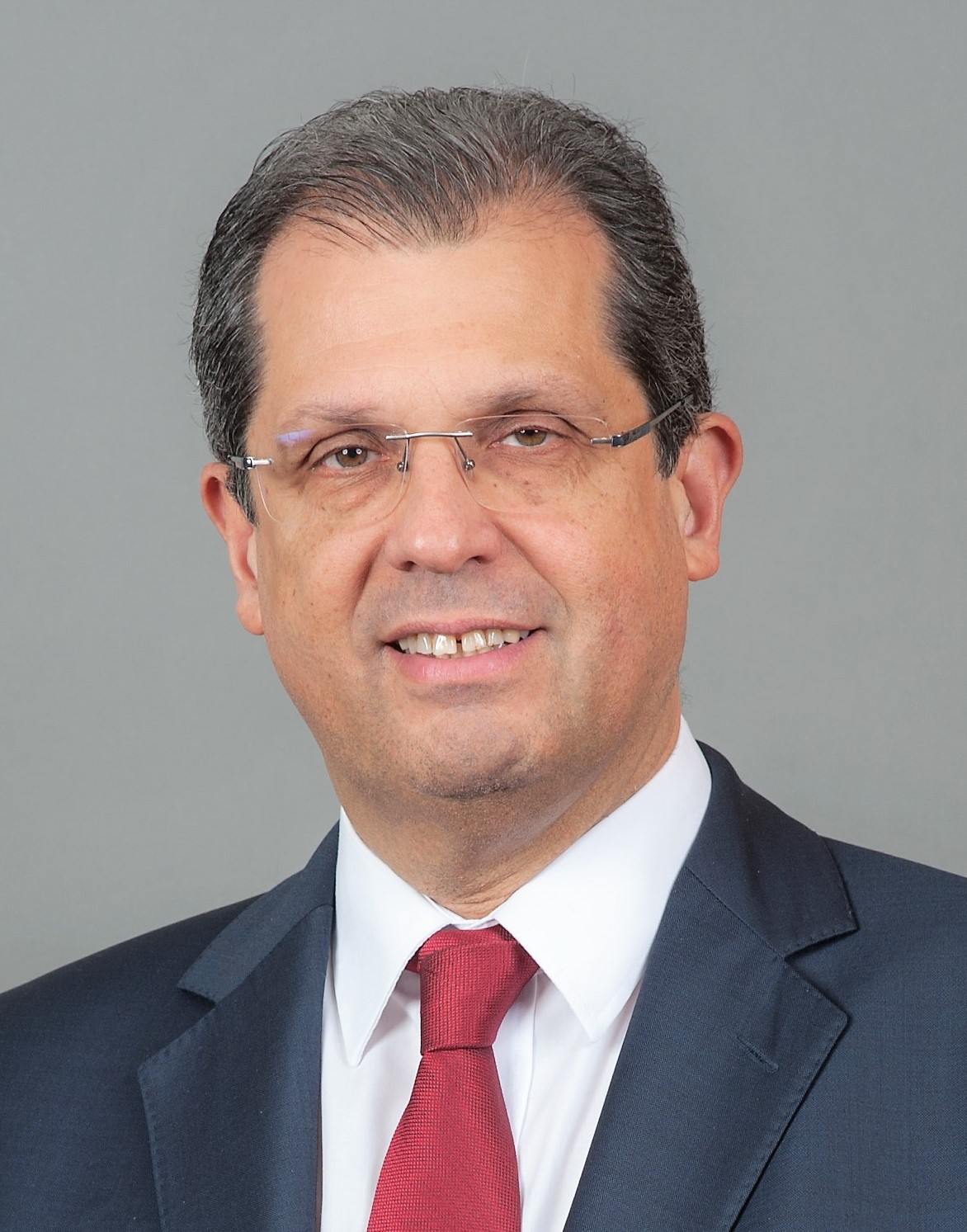
Chairman of the Board of Directors of Autoridade Nacional de Comunicações (ANACOM), the national regulatory authority for communications in Portugal, and Chairman of the Board of Directors of the Portuguese Communications Foundation.
Served as Chairman of the European Group for Postal Services (ERGP) in 2019, is Vice-Chairman in 2020.
Member of the Body of European Regulators for Electronic Communications (BEREC).
Until August 2017: Director of Statistics of the Portuguese central bank and Invited Professor at NOVA Information Management School of Universidade Nova de Lisboa.

Prior to joining the International Chamber of Commerce, Crispin Conroy was a career diplomat with the Australian Government for over 25 years, first working for the Department of Foreign Affairs and Trade, and then for the Australian Trade and Investment Commission.
As Ambassador, and Senior Trade and Investment Commissioner, Mr Conroy’s main objective was to develop high level business, government and community networks in markets, across a range of sectors, for the benefit of the Australian economy. A regular advisor to senior managers and Boards, as well as Ministers, Mr Conroy has worked across a range of areas in the multilateral system, in Geneva, Jamaica, New York and Vienna, including in human rights, humanitarian law, international environmental law, law of the sea, disarmament and international trade law.
Mr Conroy has also served on the Board of the CSIRO Centre of Excellence in Chile (a subsidiary of CSIRO Australia, Australia’s major applied research/R&D organisation), first as an independent member and then as Deputy Chairman, advising the Board and CEO/Senior Executive on high-level private and public sector engagement and strategic business development opportunities.
In his most recent position, based in Milan, Mr Conroy has been working with senior Italian executives on their investment strategy in Australia and has had responsibility for Australia’s innovation/start up initiative in Israel.
Mr Conroy began his career as Third/Second Secretary at the Embassy in Madrid 1990-93 and then, in Canberra, he worked in different areas of the International Organisations and Legal Division (1994-95). Crispin served as First Secretary/Counsellor at the Australian Permanent Mission to the United Nations in Geneva from 1995 to 1998, primarily advising on human rights, humanitarian law and environmental issues. From July 1998 to October 1999 he was Deputy Legal Adviser, and Director of the International Law Section. From December 1999 until December 2002, Crispin was Australian Ambassador to the Kingdom of Nepal. From October 2003 until October 2005 he was the Deputy Head of Mission in Port Moresby. He then served as Australian Ambassador to Chile (December 2005 – May 2009), with concurrent accreditation to Peru, Colombia, Ecuador and Bolivia.
Following his term as Ambassador in Chile, Crispin was appointed Senior Trade Commissioner for Latin America, based in Chile but covering the whole region (June 2009 – June 2012), and was asked by the then Foreign Minister to develop a commercial engagement strategy for Australia in Latin America; and he was then appointed as Australia’s first Consul-General to Colombia, and asked to open Australia’s first diplomatic/trade presence in the country, from July 2012- July 2016 (also covering Chile, Peru, Colombia and Argentina as Senior Trade Commissioner). Crispin was appointed as Senior Trade and Investment Commissioner, Italy, and Consul-General, Milan, in November 2016, and he also had responsibility for the Government’s innovation/start up initiative.
Crispin has a Bachelor of Law (Hons) and a Bachelor of Arts in French language and literature (Hons), as well as a Masters’ degree in International Law, from the Australian National University. He has completed a course at Harvard Business School on Doing Business in Emerging Markets. Crispin mother tongue is English, but he also speaks Spanish, French and Italian.
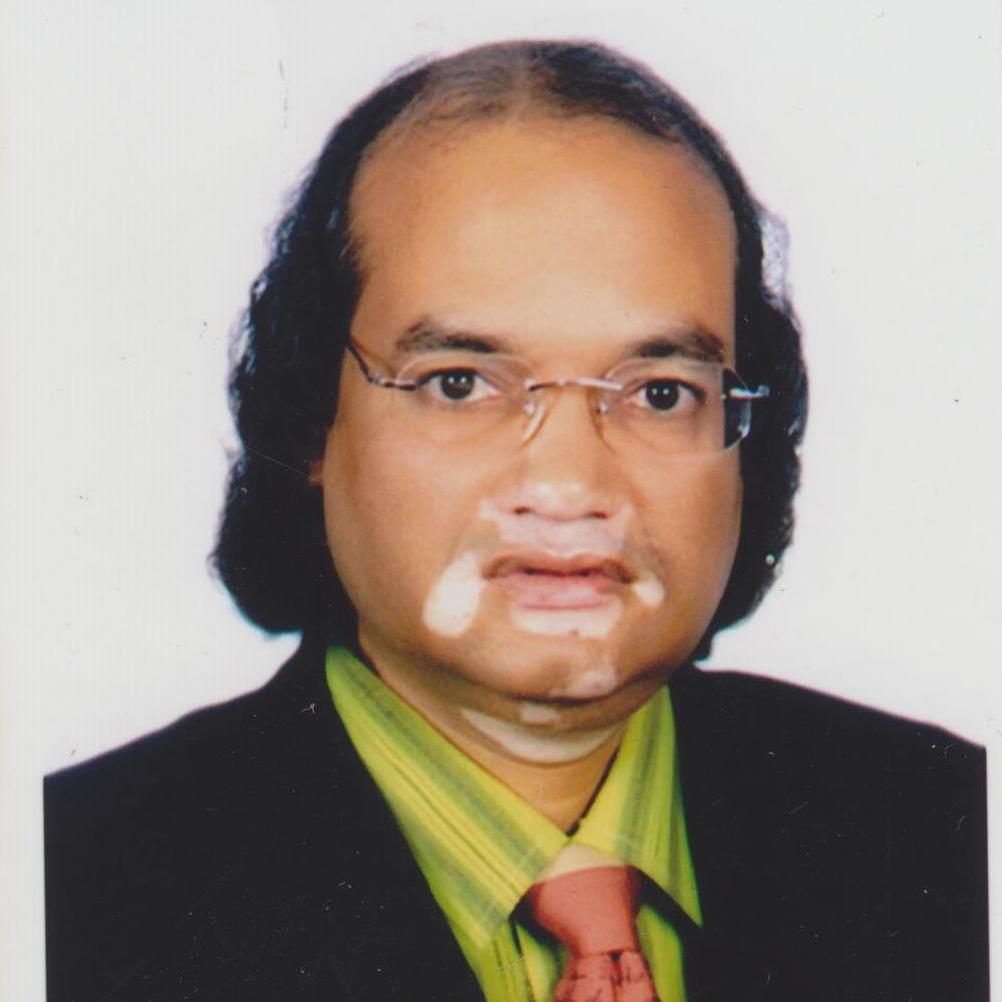
AHM Bazlur Rahman-S21BR has spent 30+years of his career playing as a leading role as the social
catalyst for promoting community media, communicating on the public sphere, communicating
knowledge, civil rights in communication & cultural rights in communication, ICT for development,
knowledge society, internet governance, amateur radio, right to information and policy advocacy.
media development, theological communication, knowledge management for development (KM4D)
and business for development.
He has unique quality of experience and contribution in an inclusive manner in multi-stakeholders of
politics, development partners, private sector, NGO & civil society, public sector, policy makers,
academia and media. He is known as transformational expert, visionary, and change agent.
He founded Bangladesh NGOs Network for Radio and Communication (BNNRC) since 2000.
BNNRC is in Special Consultative Status with the Economic and Social Council (ECOSOC)
accredited with World Summit on the Information Society (WSIS) of the United Nations and UN
WSIS prize winner 2016 and Champion 2017.

Axel Leblois is the president of G3ict, the Global Initiative for Inclusive ICTs, a global advocacy organization founded in 2006 at the initiative of the United Nations Department of Social and Economic Affairs, the IT industry and organizations of persons with disabilities to promote the digital accessibility and assistive technologies dispositions of the Convention on the Rights of Persons with Disabilities. Prior to leading G3ict, Axel Leblois spent over 20 years at the helm of information technology companies in the United States including as CEO of Computerworld Communications, CEO of IDC - International Data Corporation, Vice-Chairman of IDG - International Data Group, President of Bull HN Worldwide Information Systems - formerly Honeywell Information Systems, and CEO of ExecuTrain while serving on the board of several publicly traded technology companies.
In his capacity as President of G3ict, Axel oversees global advocacy and capacity building programs including through its division the International Association of Accessiblity Professionals (IAAP), the M-Enabling Summit series in the U.S. and Europe, the e-Accessiblity Policy Toolkit for Persons with Disabilities jointly with the ITU, SmartCities4All, GAATES, Access to Justice and the DARE Index – Digital Accessiblity Rights Evaluation Index – covering 130 countries in cooperation with Disabled People’s International.
-
 C2. Information and communication infrastructure
C2. Information and communication infrastructure
-
 C3. Access to information and knowledge
C3. Access to information and knowledge
-
 C7. ICT applications: benefits in all aspects of life — E-learning
C7. ICT applications: benefits in all aspects of life — E-learning
-
 C8. Cultural diversity and identity, linguistic diversity and local content
C8. Cultural diversity and identity, linguistic diversity and local content
-
 Goal 1: End poverty in all its forms everywhere
Goal 1: End poverty in all its forms everywhere
-
 Goal 3: Ensure healthy lives and promote well-being for all
Goal 3: Ensure healthy lives and promote well-being for all
-
 Goal 4: Ensure inclusive and equitable quality education and promote lifelong learning opportunities for all
Goal 4: Ensure inclusive and equitable quality education and promote lifelong learning opportunities for all
-
 Goal 5: Achieve gender equality and empower all women and girls
Goal 5: Achieve gender equality and empower all women and girls
-
 Goal 6: Ensure access to water and sanitation for all
Goal 6: Ensure access to water and sanitation for all
-
 Goal 7: Ensure access to affordable, reliable, sustainable and modern energy for all
Goal 7: Ensure access to affordable, reliable, sustainable and modern energy for all
-
 Goal 8: Promote inclusive and sustainable economic growth, employment and decent work for all
Goal 8: Promote inclusive and sustainable economic growth, employment and decent work for all
-
 Goal 9: Build resilient infrastructure, promote sustainable industrialization and foster innovation
Goal 9: Build resilient infrastructure, promote sustainable industrialization and foster innovation
-
 Goal 10: Reduce inequality within and among countries
Goal 10: Reduce inequality within and among countries
-
 Goal 11: Make cities inclusive, safe, resilient and sustainable
Goal 11: Make cities inclusive, safe, resilient and sustainable
-
 Goal 12: Ensure sustainable consumption and production patterns
Goal 12: Ensure sustainable consumption and production patterns
-
 Goal 16: Promote just, peaceful and inclusive societies
Goal 16: Promote just, peaceful and inclusive societies

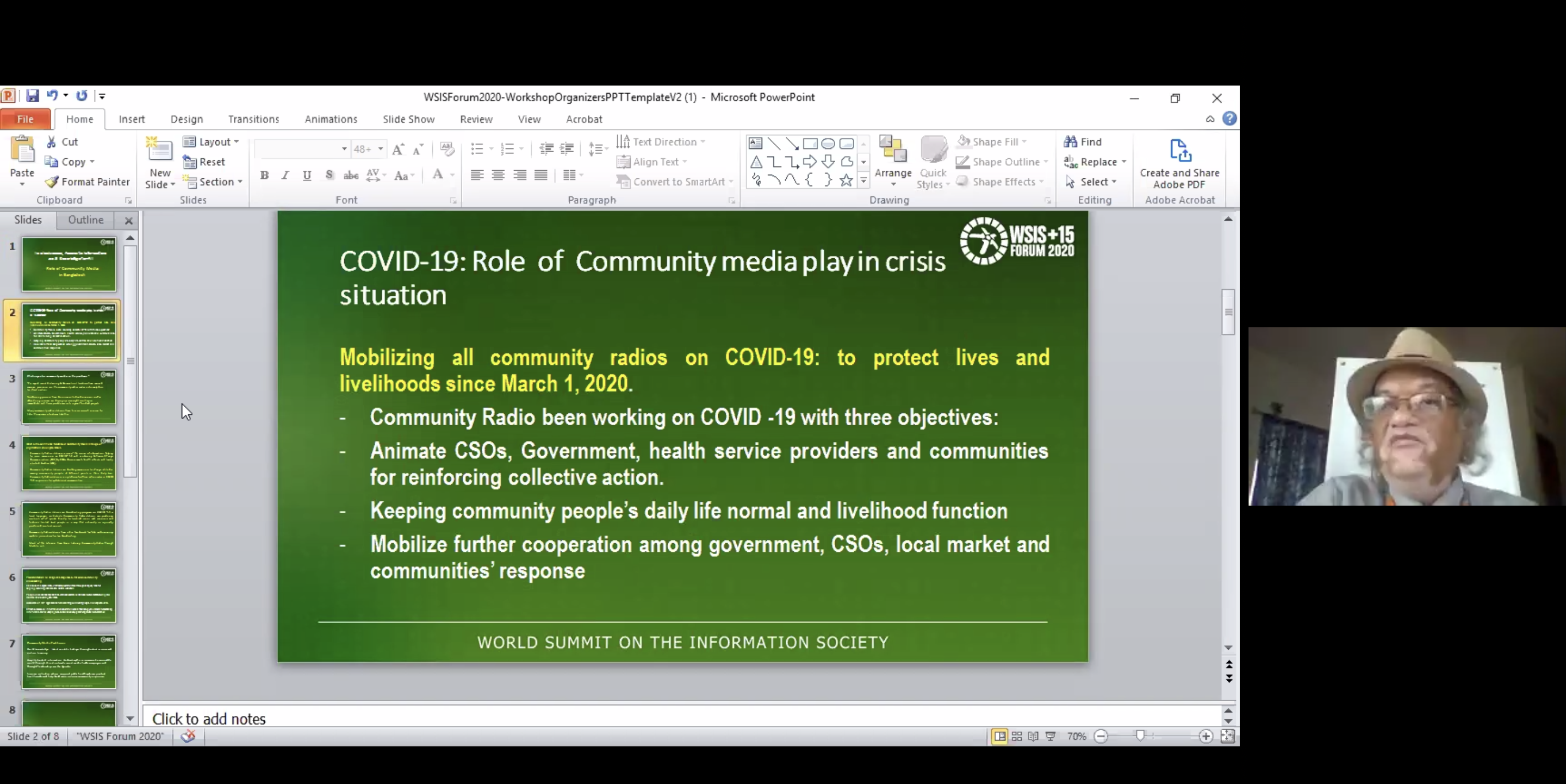
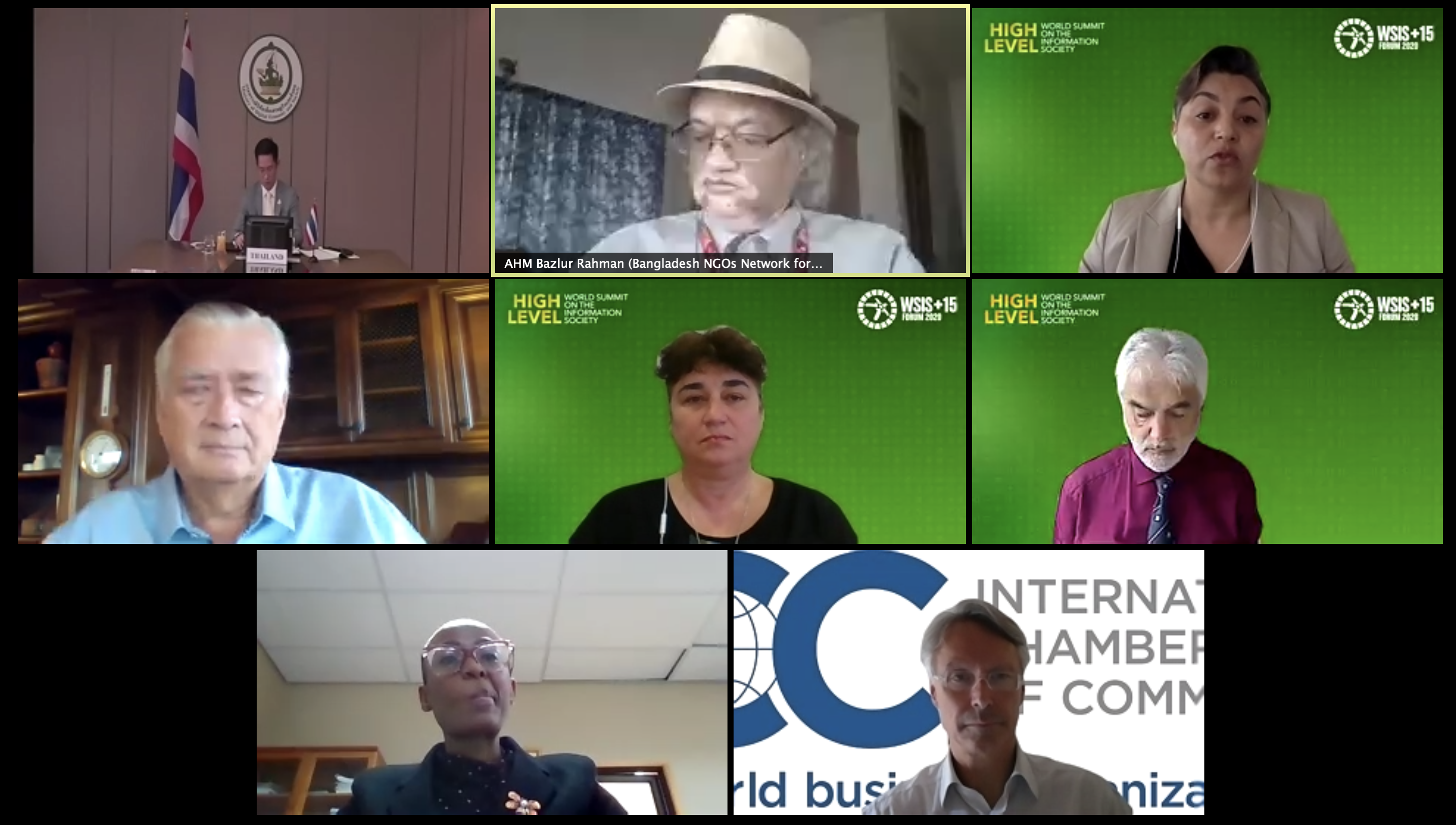




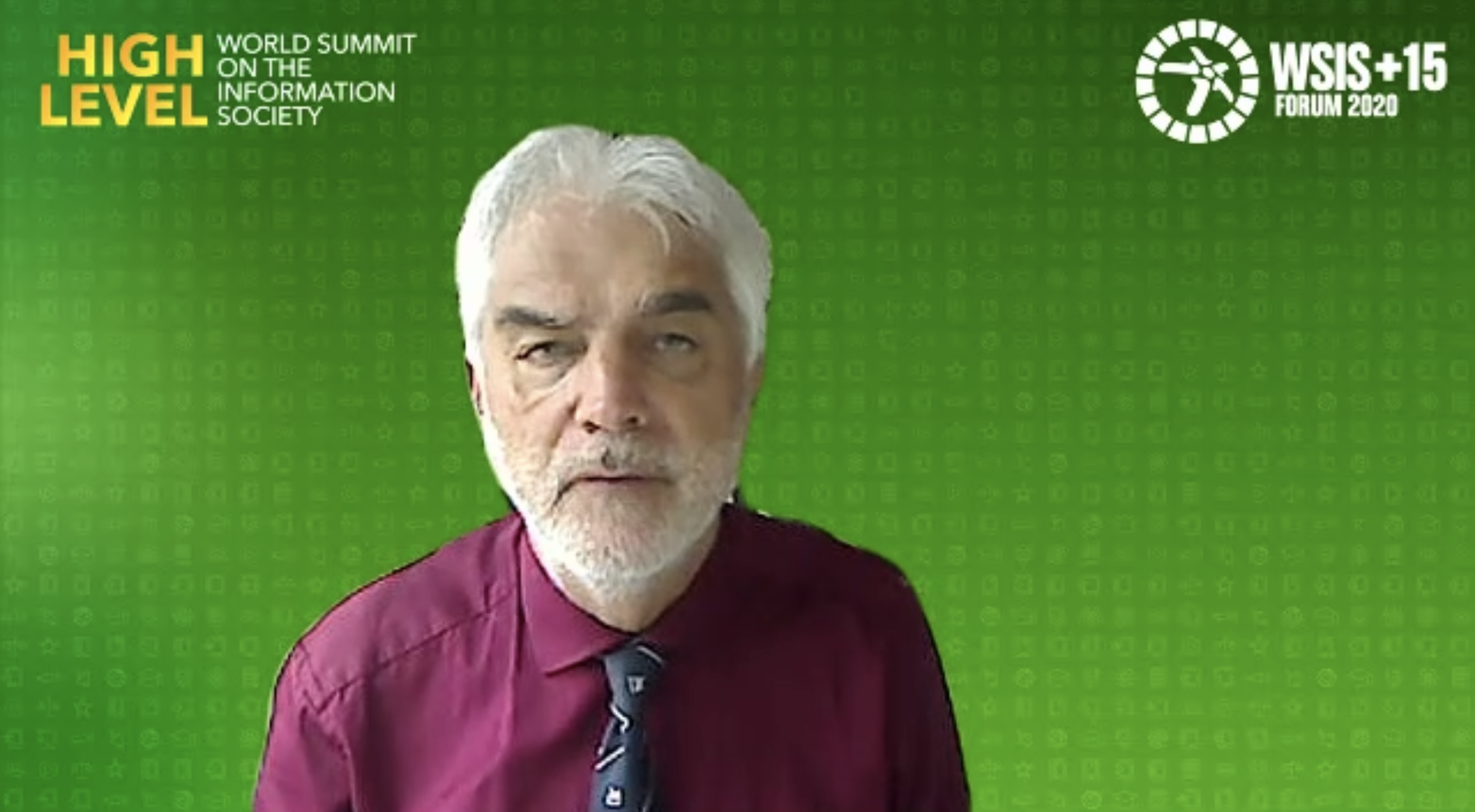



.png)

